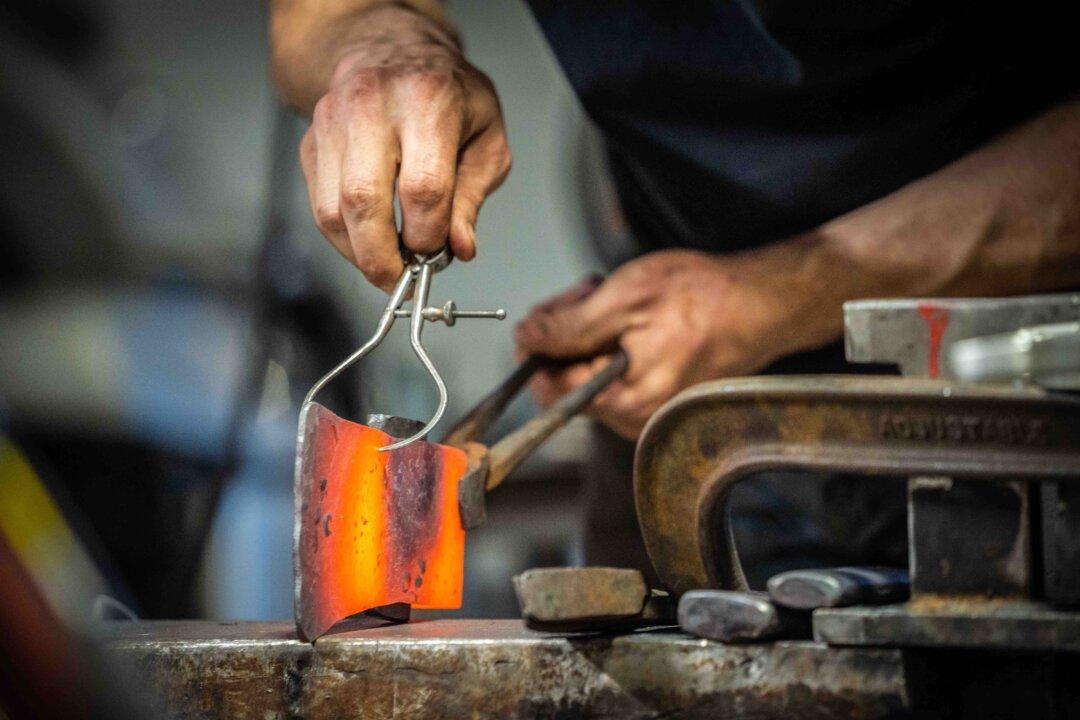A startup company in New Orleans has been making headlines for its genius approach to recycling glass into sand.
Franziska Trautmann, 24, was a college senior at Tulane University when she was frustrated seeing glass going into landfill. Wanting to do something about the issue, she and Max Steitz began to recycle glass in the spring of 2020 from their inner backyard.






